Writing
Haskalah Literature: Portrayal of Women
The image of women in Haskalah literature reflects the relationship between the sexes in eighteenth- and nineteenth-century Ashkenazi Jewish society and European culture. But Haskalah writers wished to shape new patterns of male-female relationships among their reading public; to change, at least partly, the attitude of men towards women; and to ‘improve’ women’s conduct within the home and community.
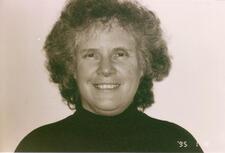
Rivka Haut
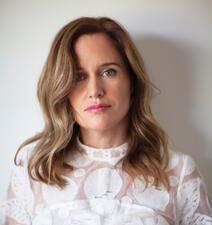
Heather Havrilesky
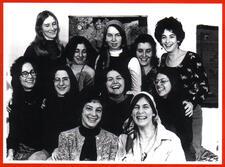
Nancy Miriam Hawley
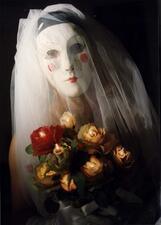
Hebrew Drama: Representation of Women
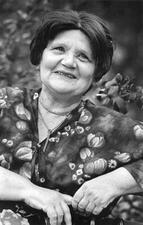
Hebrew Song, 1880-2020
Hebrew song as a whole, including songs of Erez Israel and the State of Israel, is a unique socio-cultural phenomenon that has developed over time. The dawning of Hebrew song can be traced to the period between 1880 and 1903, and it has grown to reflect the diverse aspects of Israeli society since then. The contribution of women to Hebrew songs, in general, has risen steadily over the years.
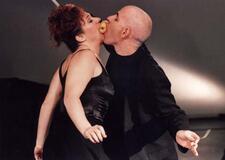
Hebrew Theater: Yishuv to the Present
Carolyn G. Heilbrun
A leader in the American feminist movement, Carolyn G. Heilbrun wrote some of the women’s movement’s most widely read texts, including Toward a Recognition of Androgny (1973) and Reinventing Womanhood (1979). These texts encouraged readers to reconceive the role of women in society and challenge conventional notions of masculinity.
Gladys Heldman
After originally planning to be a medieval historian, Gladys Heldman became a competitive tennis player and later an advocate for women’s tennis. The current generation of women tennis players owe their equal status to her important efforts.
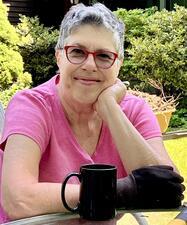
Helen Epstein
Born to two Holocaust survivors from Czechoslovakia, Helen Epstein has spent her life building an impressive journalistic career. She has also explored her own lived experiences, as well as the repercussions of intergenerational trauma from the Holocaust, on both her own family and the families of other survivors, in several memoirs and non-fiction books.
Clarisse Doris Hellman
C. Doris Hellman was a pioneering science historian and expert on Renaissance-era science best known for her translation of Max Caspar’s monumental biography, Johannes Kepler (1959).
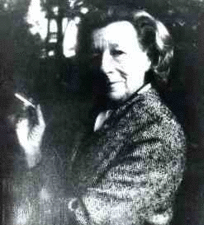
Lillian Hellman
Controversial both during and after her life, Lillian Hellman was one of the leading women of letters of mid-century America and a pioneer woman playwright. Hellman displayed courage not only in writing powerful plays like The Children’s Hour but also in her public refusal to name colleagues to the House Un-American Activities Committee.
Judith Hendel
For over fifty years, Israeli author Yehudit Hendel succeeded brilliantly in making a presence of her bold, independent, “other” voice, bringing us face to face, in her own way, with the fragilities of an Israeliness in search of itself.
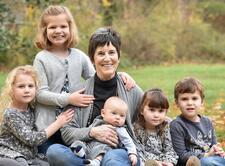
Lee M. Hendler
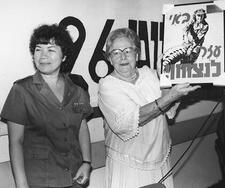
Esther Herlitz
Esther Herlitz was a feminist trailblazer in Israeli politics and diplomacy. She was the first official female Israeli ambassador, among six female Labor Party members who served in the eighth and ninth Knessets, and the first woman to serve on the Committee for Foreign Affairs and Defense. She also helped formulate and ensure the passage of a liberal abortion law in 1977.
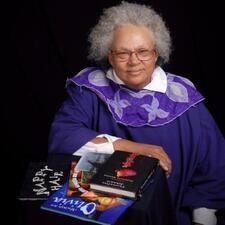
Carolivia Herron
Carolivia Herron is a retired professor, children’s book author, novelist, and librettist who lives in Washington, D.C., and works with the Epicentering the National Mall Coalition. Much of her work traces patterns of shared trauma and convergence between Blackness and Jewishness, from the late fifteenth-century Jewish expulsions from Spain and Portugal, to the Atlantic slave trade, to the Holocaust and contemporary racism and antisemitism.
Sylvia Herscher
Sylvia Herscher’s career in the theater encompassed several occupations and spanned decades. Beginning in the 1950s, she served as general manager, producer, publisher, agent, and board member, as well as friend and guide to countless writers and composers finding their way into the business. In 2000, the American Theatre Wing presented her with its Special Tony Honor for Excellence in the Theatre.
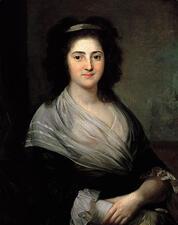
Henriette Herz
Henriette Herz was one of the great Jewish women who held a “salon” in Enlightenment Berlin. In her memoir, she reflects on Jewish emancipation around 1800.
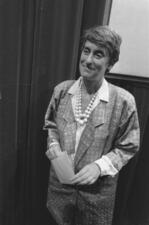
Judith Herzberg
Judith Herzberg is a Dutch Jewish poet, essayist, screenwriter, and professor who has been hailed as one of the greatest living Dutch poets for her ability to imbue everyday objects with unexpected meaning. Making her debut as a poet in the early sixties, Herzberg has written poems, essays, plays, film scripts, and television dramas, with many translations and adaptations to her name.
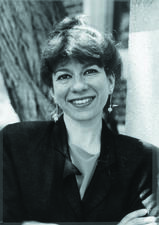
Susannah Heschel

Beth Bowman Hess
Beth Bowman Hess was a feminist sociologist and gerontologist whose leadership, scholarship, teaching, service and mentoring were a model for many women. She brought a humanist and feminist sensibility to gerontology by discussing the difficulties the elderly faced not as problems inherent in older people, but as problems in the social order that should be confronted and changed.
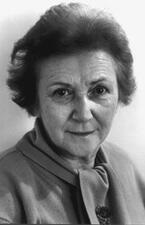
Clara Heyn
Botanist Clara Heyn’s most significant achievement was her work with the plant family Leguminosae, especially the genus Medicago. She was an excellent botanist, teacher, and colleague.
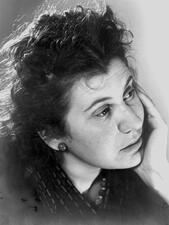
Etty Hillesum
Etty Hillesum’s diary, which she kept between 1941 and 1943, is the only extant source about her. Explicit in both its expression of sexuality and profession of faith, Hillesum’s diary reflects a mature, nonconformist Dutch woman attempting to grapple with the changing landscape of her internal and external worlds.
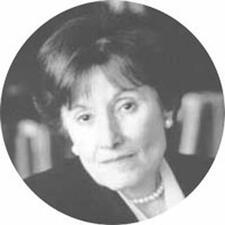
Gertrude Himmelfarb
Gertrude Hirschler
A celebrated translator of deft skill and a woman of great principle, Gertrude Hirschler refused to translate, edit, or publish any book that did not mesh with her ideals or beliefs. Hirschler’s literary contributions are highly regarded in the areas of Jewish history, the Holocaust, religious literature, and Zionism.


